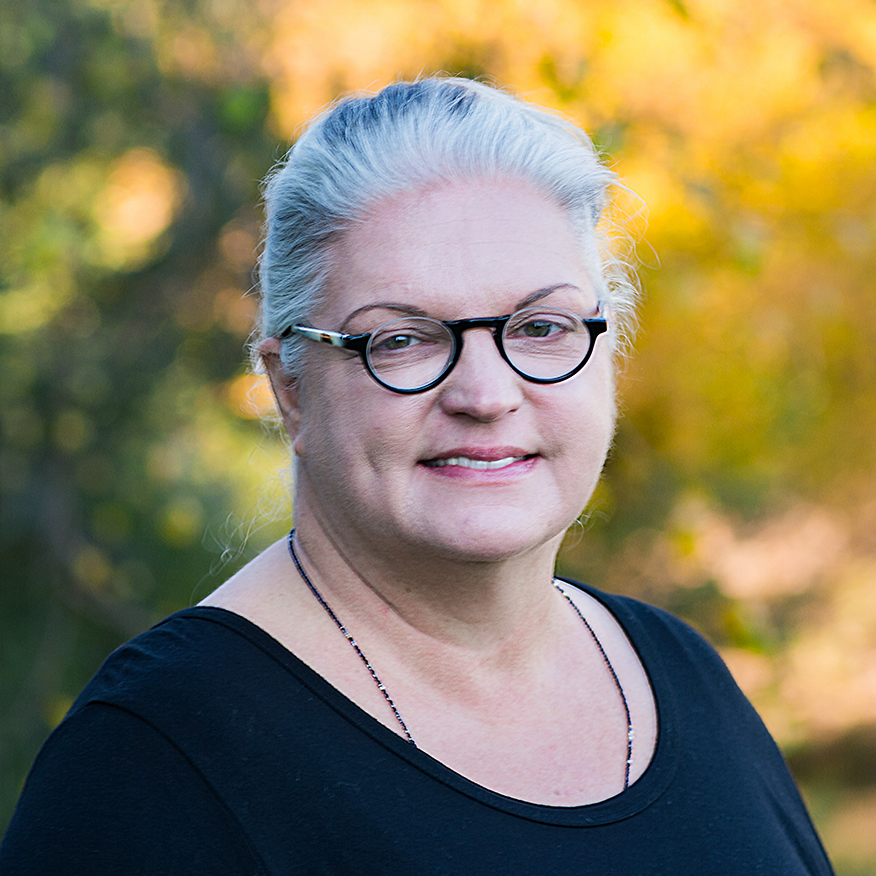1 min read
Common Ground in the Forest: The Canadian Boreal Forest Agreement
 Suz-Anne Kinney
:
June 7, 2010
Suz-Anne Kinney
:
June 7, 2010
“Do not buy” campaigns in Canada have focused on the customers of major forest products companies, and they have been remarkably successful. In the early 2000’s, ForestEthics, one of the environmental groups that signed the agreement, ran campaigns against Staples and Office Depot, encouraging consumers not to shop in these stores. In response, both companies revised their procurement policies, sourcing only environmentally sustainable paper.
After this success, ForestEthics switched targets, focusing in the mid 2000’s on catalogues. Their first target was Victoria’s Secret, which at the time shipped 395 million catalogues every year, made almost entirely from virgin fiber. Like Staples and Office Depot, Victoria’s Secret switched procurement strategies, agreeing that it would no longer use suppliers sourcing paper from any caribou habitat range unless they were certified and that it would switch to 10 percent recycled material. These campaigns put tremendous pressure on forest products companies logging in the Boreal forest to become more environmentally conscious organizations.
In response to these public campaigns, Canada’s paper and wood products companies began a series of improvements over the last 10 years, including Forest Stewardship Council certification (FSC certification is a requirement under the new agreement). The companies also responded by hiring Avrim Lazar as the President and CEO of the Forest Products Association of Canada. Lazar was best known at the time for his role in Canada’s signing of the Kyoto Protocols. Because of his pedigree, Lazar’s credibility with environmental groups set the stage for success in finding common ground in the forest. Still, negotiations took two and a half years.
While the two sides have a long way to go to make this agreement work, it appears that both sides win. The environmentalists get 75 million acres of protected forest and caribou habitat (with the prospect of an additional 95 million protected acres). And the forest products companies will reduce their risk of being judged the bad guys in the court of public opinion.




